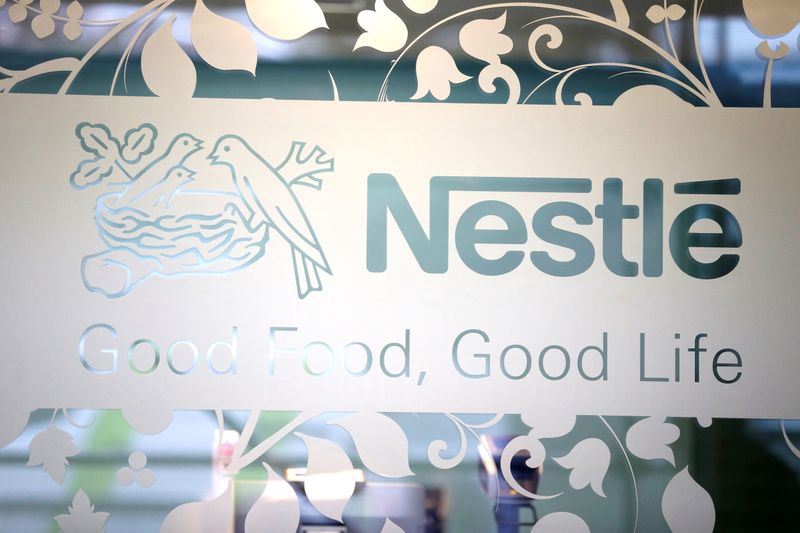(Reuters) - Food giant Nestle (S:NESN) said on Wednesday it would spend 100 million swiss francs ($103.58 million) on expanding its manufacturing footprint in China to include a new plant-based food facility and widen its production lines.
The company said its first plant-based food facility for Asia would be built in Tianjin Economic-Technological Development Area (TEDA) and that it could launch faux meat products by the end of this year.
Chinese consumers have been steadily shifting to plant-based diets over the past few years, in part due to a devastating pig disease and bruising Sino-U.S. trade war driving up meat prices. And now with the coronavirus crisis, several consumers are also rethinking their diets.
China's "free from meat" market, which includes alternative meat products, grew 33.5% since 2014 to be worth just under $10 billion in 2018, according to Euromonitor. It predicts that the industry will be worth $11.9 billion by 2023.
The Nescafe coffee maker said the investment in TEDA would also include a significant capacity expansion of Nestle's existing Purina pet food plant, with new production lines offering consumers premium veterinary diet and wet cat food products.
The company, which has 31 production sites in China, also said it would increase annual production capacity of a local biscuit wafer plant.
Nestle's proposed investment comes just a few weeks after U.S. agribusiness giant Cargill (CARG.UL) said it would introduce a range of plant-based meat products in China following a successful trial of faux meat nuggets by KFC-owner Yum China Holdings (N:YUMC).

($1 = 0.9654 Swiss francs)